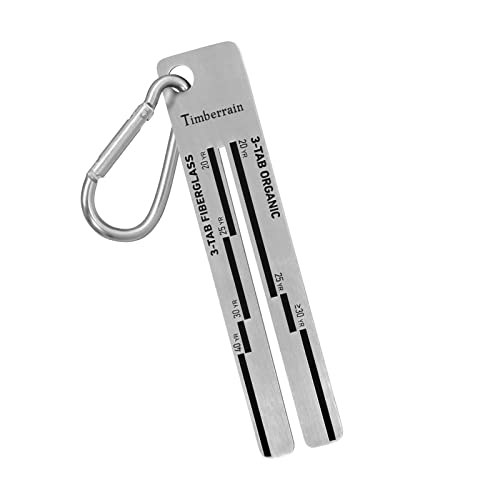Exception Collection
Civil P.E., Washington
It's pretty much how I'm treated here as well - but I'm pretty sure I'm only treated this way because everyone knows me so well. If I had started out female, I'm pretty sure I never would've gotten the job. I do know we've *never* had female technical staff here. We've had 5 female receptionists/office managers, but no drafters/designers. And the one female receptionist that requested AutoCAD be installed on her computer so she could learn drafting (so she could help out in busy periods), was fired shortly after.This IS how I'm treated at work. I've had more troubles being young than I ever have had being a woman. My most hostile work environment was one that was dominated by women- a female boss with other female managers. I was shocked at how they operated...expecting me to let things slide because, hey, we're all girls. It was horrible...I couldn't question something in a meeting without it turning into a very special talk about feelings. Totally ridiculous. My boss felt that all men must disrespect her because she's a woman and that's how she operated, to her detriment.
I've had instances in this job where men have been in meetings with me and not made eye contact and not spoken to me, because they either 1. have a problem with women or 2. don't know my position. I just pipe up and let them know I'm the one in charge and things change. I've got too big a mouth to let that happen.
I've also been turned down for at least one job due to issues - but that was due to gender identity discrimination, not gender discrimination.
Oh, and my wife worked at a place like you described, with the almost fully female staff. Something like an 80/20 split girls/guys overall at the local office (200-300 people total) - her dept was the only one that was majority male, and even it had a female manager.




















